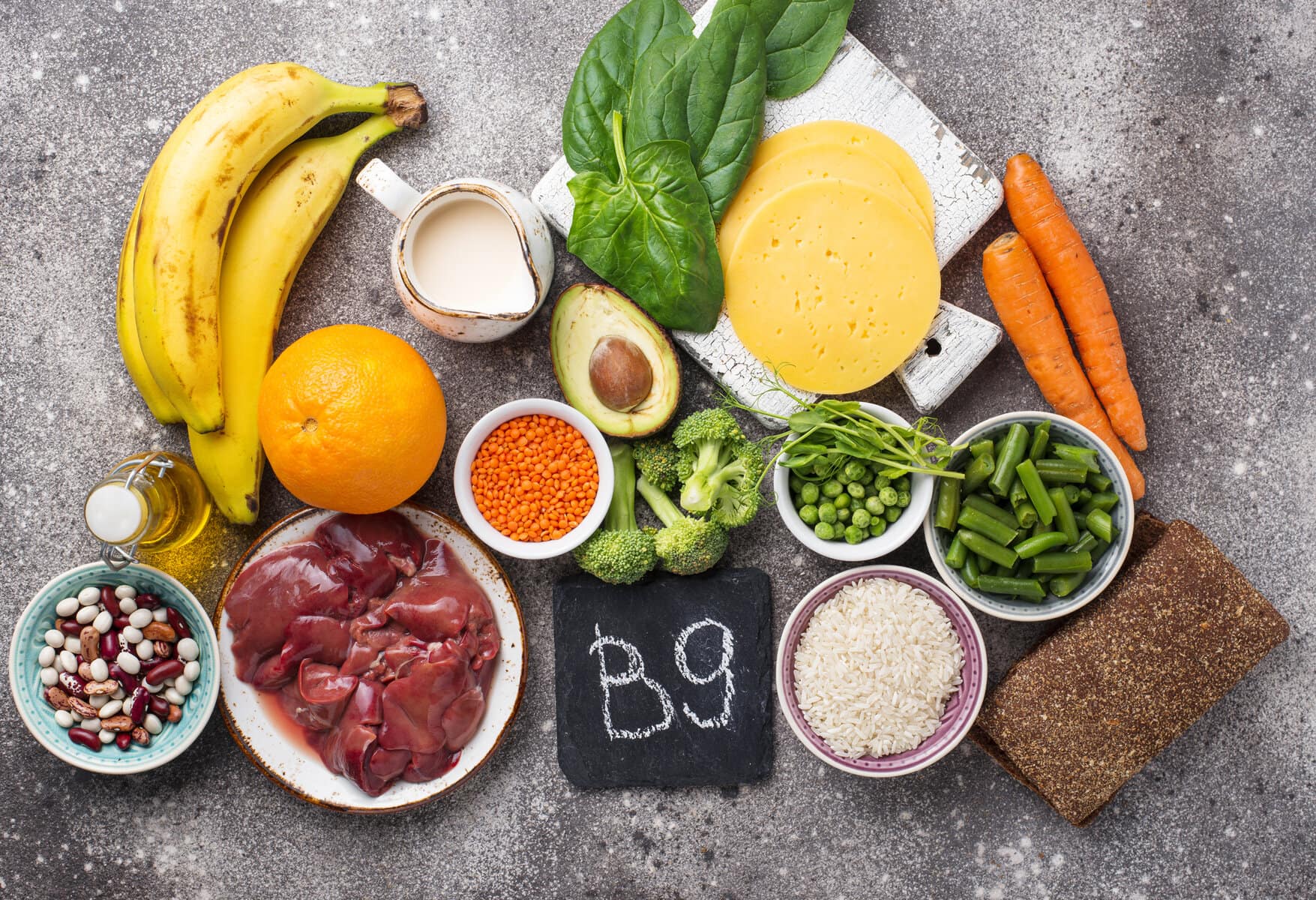Folate (also called vitamin B9) is a vital nutrient that is important to many aspects of our health. The vitamin is involved in making DNA, producing healthy blood cells, turning carbohydrates from food into energy, and many other important body functions. Although folate is especially important when the body is growing, such as during pregnancy and adolescence, everyone needs folate to be healthy. Here’s what low folate—or folate deficiency—does to your body and the best ways to prevent it.

Without Enough Folate, Your Body Suffers
A healthy diet should be full of vitamins and nutrients, and folate is one of the most important ones. Without enough folate, your health will seriously suffer. Folate deficiency is a condition caused by a lack of folate in the diet or by poor absorption of folate by the body. Because folate is found in many foods and is added to others, most people don’t have any trouble getting enough of it in their diets. But if you are eating an unhealthy diet that lacks fresh fruits, vegetables, and folate-fortified foods, you may end up with folate deficiency.
The condition can also happen if your body can’t properly absorb or process the folate in food. Normally, the small intestine absorbs folate, which is activated before entering the bloodstream. Certain medical conditions and drugs can interfere with this process, leading to a reduction of folate levels in the blood. Because folate is not stored in fat cells like some other nutrients, it’s necessary to replenish it constantly. Folate deficiency is more common in young women, particularly Black women, although it’s unknown exactly why.
